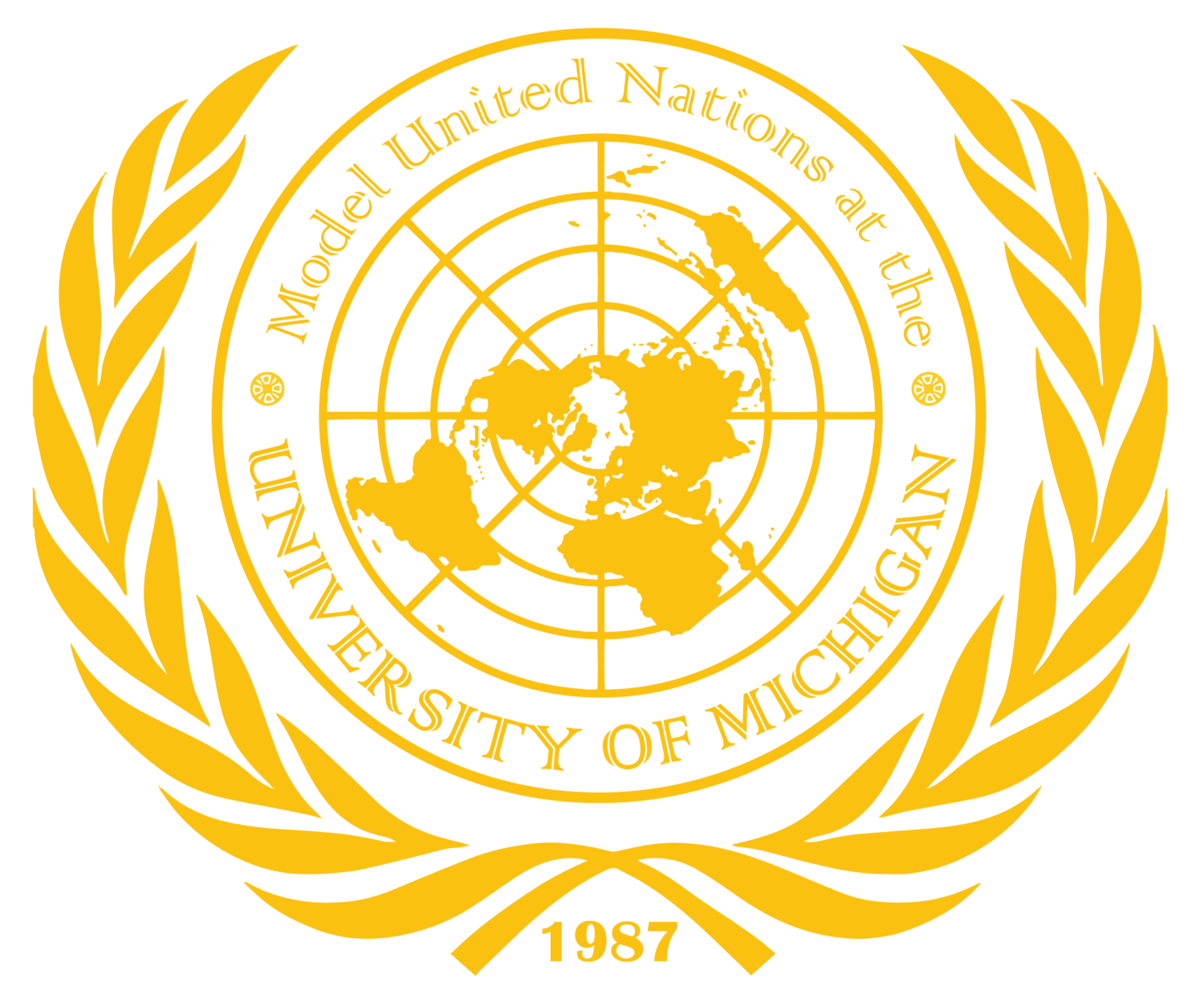By: Jane Swartz
Bond, James Bond, made his United Nations debut on Friday night in the 1979 Security Council, following the unexpected and confusing events of that afternoon. Prior to his arrival, the council struggled to pass any directive that properly addressed Khomeini and instability in Iran well into Friday’s afternoon session. The room became divided into the West and the East after the Union of Soviet Socialist Republics brought their military into Afghanistan along with China and Czechoslovakia to ensure the continuation of a Communist government.
“Hypocrite” was one of the words tossed around by France in relation to the USSR’s involvement with Afghanistan. France felt that every time the West even slightly interfered with any Communist countries, they would cry “national sovereignty,” but in Afghanistan, a country where the people are fighting against a Communist government, the USSR seems to ignore the very concept of it. Capitalism versus communism also caused a rift in the room, prompting Jamaica to say, in a French accent, “Monsieur capitalist, who are you to say it is because of communism?”
Despite this strong division of ideals, neither the East nor West seemed to grasp that Khomeini would refuse to do anything the United Nations suggested until immediate consequences took place. Khomeini organized the public execution of one hundred people. It also included communists, women’s rights activists, who had advanced majorly during the Shah’s government, nuclear scientists from both America and the USSR, and all known spies in the area. This alarmed many people, including the United Kingdom, in fear for their top spy who was possibly going to lead a joint mission by MI6 and the CIA.
Another directive emerged, this one appropriately titled Leave Iran Alone For A Little While written by Jamaica and supported by the Eastern bloc nations. It detailed exactly as the name suggests — to remove all personnel from Iran and cease inflammatory press and actions. France raised an issue with the idea of inaction in Iran, reminding the council that more people would die if the United Nations completely removed themselves. A compromise took place after France threatened to use their veto power. Since currencies like the dollar and the franc are more valuable to those in Iran and most business is done utilizing such currencies rather than rials due to their low value in the global market, the compromise included the freezing of Khomeini and other high-ranking officials’ foreign accounts. This appeared to appease all P-5 nations in the room, and was passed.
This is where James Bond made his debut. He dramatically arrived just before the passing of Leave Iran Alone For A Little While. Dressed in a fur cap and a blond wig, Bond spoke with a Russian accent, appearing to be on a phone call. He then addressed the room, instructing them to take action against Khomeini and the heinous crimes committed against the people of Iran. A few seconds and a somersault later, Bond was gone.
